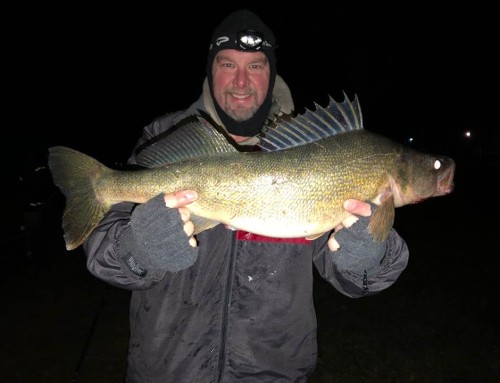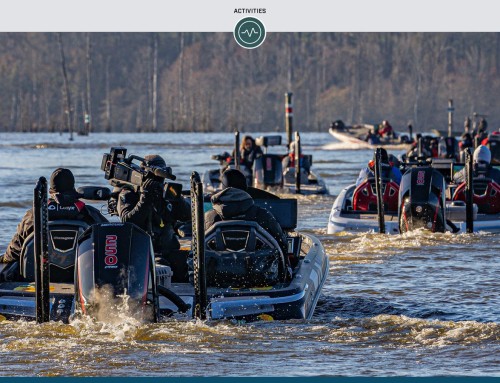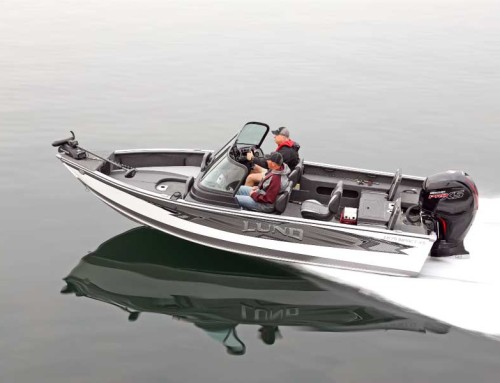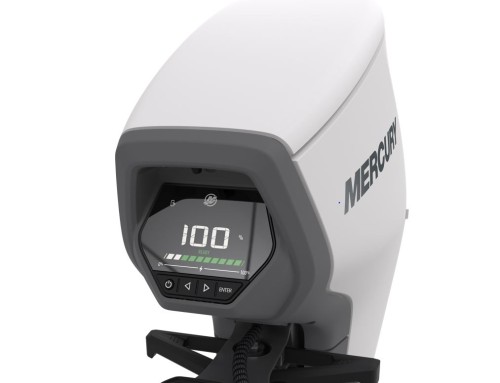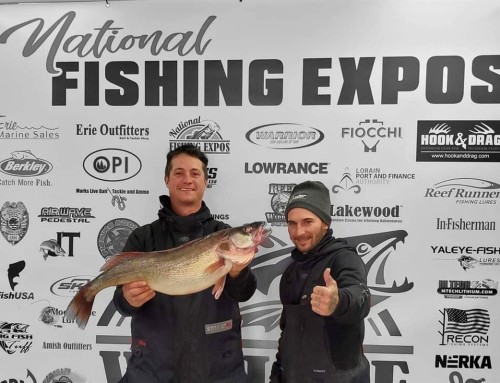It’s been a frustrating past year and half for anglers and recreational boaters on waterways such as the St. Lawrence River, Lake Ontario and the Niagara River that have the U.S./Canadian border running through them.
Due to the Covid-19 pandemic, since March 2020 those caught on the Canadian side have run the risk of having their boat confiscated and being fined by Canadian law enforcement officials. The situation has had a big economic impact on both sides of the border.
“Last year we lost a full season of fishing on the Canadian side. Currently, we’ve lost half of this season,” said Phil Flora, of Flora Fishing Charters out of Alexandria Bay on the St. Lawrence River. “August is my favorite time to be over there (on the Canadian side) to fish for bass. And it’s also the best place for walleye and muskie – particularly the 40-Acre Shoals area.”
“The Canadians play by their own rules. You’re always looking over your shoulder when you’re over there.”
The Canadian government
recently announced that as of Aug. 9 fully vaccinated individuals will once again be able to cross the U.S./Canadian border into Canada. However, the U.S. hasn’t reciprocated with the same date, saying it
will be continuing its travel restrictions on the Canadian and Mexican borders until Aug. 21.
But what about recreational U.S. boaters and anglers who cross the border on waterways without anchoring or setting foot on Canadian soil? What about tour boats? What about fishing charters? Will things open up for American boaters as of Aug. 9?
Corey Fram, director of tourism for the Thousands Islands Tourism Council, said late last week he was on the phone with three, Canadian public information officers last week and said there is “no clarity yet” on what will be allowed or not allowed for individual American boaters, fishing charters and tour boats after Aug. 9.
He said discussions between both governments are “on-going” and most likely any changes to the Canadian policy on U.S. boats crossing the border on the waterways will be announced on the 11th hour.
Adding to the frustration of American boaters and anglers is that currently Canadian anglers, recreational boaters and tour boats that don’t anchor or set foot on the American side of the waterways aren’t hassled, said Fram and others, including officials from Sen. Charles Schumer’s office.
Efforts by
NYup.com to get some clarification from Canadian boarder officials on the issue were unsuccessful.
One Canadian spokesman pointed to a recent press release on the Aug. 9 re-opening put out by Canadian Custom Services. It read: “Travellers arriving in Canada by marine mode will now be eligible for eased quarantine and testing requirements if they have received the full series of a vaccine – or combination of vaccines – accepted by the Government of Canada at least 14 days prior to entering Canada. Currently, those vaccines are manufactured by Pfizer-BioNTech, Moderna, AstraZeneca/COVISHIELD, and Janssen (Johnson & Johnson).
“They must also meet all other critieria, including the pre-entry test requirement and the need to submit information electronically through
ArriveCAN before or when entering Canada. This is to accommodate for Wi-Fi issues on the water. All travellers must still provide a quarantine plan and be prepared to quarantine, in case it is determined at the border that they do not meet the necessary requirements.”
The point about being vaccinated is clear, but it’s the “all other criteria” that has Fram, Flora and others confused. All that for taking your boat for a short, pleasure cruise just over the boarder or for an angler casting lures or putting down a “drop-shot” rig on the other side of “an invisible line,” they ask.
Anglers in the Bassmaster Elite Series tournament held on the St. Lawrence River last month were banned from fishing on the Canadian side.
Fram said from a tourism standpoint vacationers and visiting anglers make plans way in advance and the uncertainty of things on the border waterways this summer certainly isn’t helping matters.
“My hope is that old-fashioned, common sense will win out when it comes to American boaters with no intention of landing or interacting” on the Canadian side, he said.

